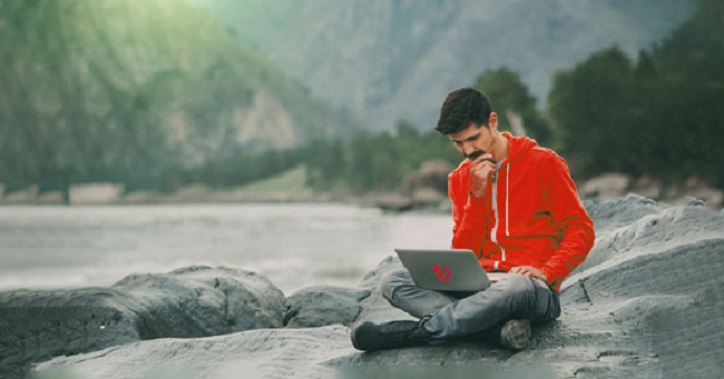
17 Online Security Tips for Digital Nomads
- August 8, 2021
- 13 minutes Read
- Security & Privacy
Online privacy has to do with the ability to control the information we reveal about ourselves on the internet and who can access it. We may be vulnerable to all types of cyber exploitation if online privacy is carelessly undermined or compromised. This may invariably lead to frustration and depression.
The use of the internet with ever-increasing online activities makes digital security indispensable. Whether we operate privately from our closet or remotely as digital nomads, the need to fix security loopholes cannot be overemphasized. Technological innovations have transcended generations.
Currently, we live in a generation where we refer to the world as a “global village.” Whatever we need can be accessed with a single click. The advent of the internet has made life pretty easier. Now we can purchase items online, work from home, or anywhere at any time without hassles.
However, these are not without their security implications. As we carry out activities on the internet, sensitive and private information may be hijacked by cybercriminals who may cash in on the loose security structure to steal such private information or infiltrate our devices. This is why the notion of security fortification for digital nomads becomes imperative. In this article, we shall discuss 17 online security tips for digital nomads.
Who is a Digital Nomad?
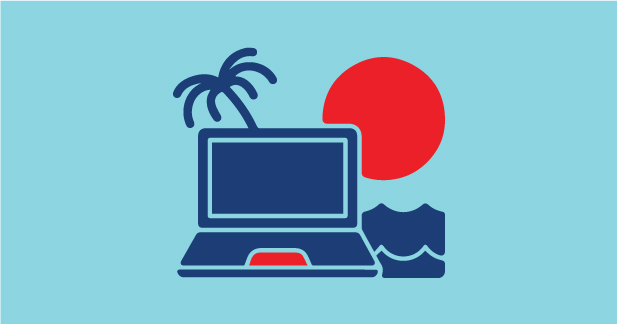
A digital nomad is a person who works remotely from any location he or she may choose at any time. The concept of a digital nomad, which was considered relatively new, has now become a generic enterprise in many cultures. This is a result of rapid technological developments which have reduced the stress of physical presence at many workplaces.
In fact, research has shown that a greater percentage of employees work remotely in many contemporary societies. Digital nomads have the freedom to work at their own pace. All you require is a smartphone or a laptop with an internet connection. With this, he or she is set to go online, operating many miles away from the office or home. However, the benefits or privileges which are enjoyed by digital nomads, are paid for by the security hazards which they face.
What are the Security Hazards for Digital Nomads?
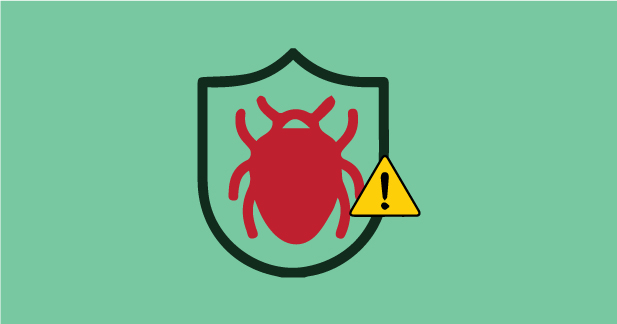
Digital nomads are itinerant workers. They are always on the move, going from one place to another. As such, they often rely heavily on public sharing of Wi-Fi for their online work. This is why they are more susceptible to security and privacy hazards than ordinary internet users.
Since their work involves the use of unsecured public internet networks, they find themselves being at the mercy of cybercriminals such as hackers, scammers, phases, and others, whose aim is to destroy the devices and steal private information. Some sensitive private information such as bank account details, credit card details, personal identity codes, and passwords may be captured by these cyber criminals if adequate security measures are not implemented.
Here we are going to attach an infographic; the infographic presents the top 17 online privacy and security tips for digital nomads.

10 Tips for Nomads’ Online Digital Security
Here we are going to describe the top 10 tips in detail. By applying these security tips which we shall discuss shortly, digital nomads can secure their data and sensitive private information from all manner of cyber infiltration.
1. Get a reliable VPN
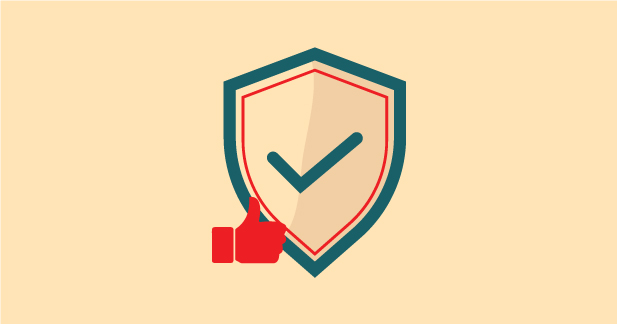
As a digital nomad, it is risky to use Wi-Fi at airports, coffee shops, amusement parks, shopping malls, or any public place without adequate protection. You should get a VPN. VPN is an acronym for Virtual Private Network. It is essentially an encrypted tunnel that runs between your device and the external server. Its primary function is to protect your data.
It is natural that as a digital nomad, you have a lot of data to protect, such as banking details, credit card details, passwords, private information about your customers and clients. You need to ensure that they are safe. Let’s see what a VPN Can Do For You:
• With a VPN, your information cannot be tapped by cybercriminals.
• Your data cannot be seen or accessed, not even by people using the same network as you.
• It will be difficult for online advertisers to track or profile you.
• Sites that are blocked due to government censorship can still be accessed by you. For instance, in Nigeria, the government recently banned the use of Twitter for political reasons, but those who have VPNs still make use of Twitter.
The advantage of VPN is endless. There are a lot of reliable and affordable VPN services. Before you make the choice of VPN check the security, speed, and privacy features. Always ensure that it is activated anytime you log into a public internet network.
2. Always go for encrypted websites
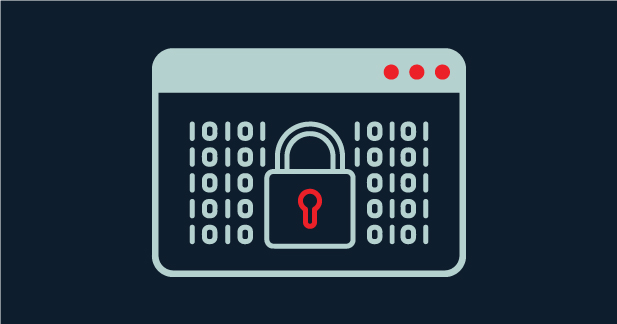
It is adventurous to be a digital nomad. As you move around, you should be cautious while exploring the internet. Ensure you visit the encrypted sites only. A reliable website must have the prefix” HTTPS” before the site’s URL. If the site comes with the prefix, “HTTP”, it shows it is not encrypted and therefore not safe for surfing. To be on the safe side, you should look out for this anytime you are browsing.
3. Get a mobile hotspot
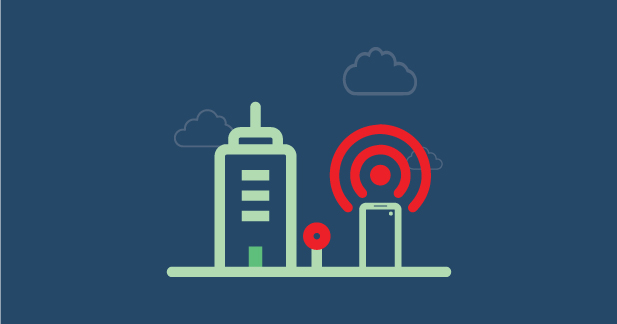
As a digital nomad, do you want to avoid unnecessary incursion from public Wi-Fi networks? If your answer is “yes,” then have your own personal internet connection with you. In many places, there are many hotspots. All you need to do is to insert a local SIM card with data volume and connect your device to it.
But, if you are a regular traveler who changes location frequently, it will appear too boring to be buying new SIM cards all the time. The solution is to get a personal hotspot that can operate without any need for you to buy a local sim card. You can get a global hotspot Skyroam.
Without having to keep buying local SIM cards, this device can pick a local internet provider by itself and can provide a strong connection. This device provides a reliable backup for those unpredictable times when you cannot receive any other Wi-Fi connection. For instance, when you are inside a train or an interior place.
4. Create an impregnable password and also get a password manager
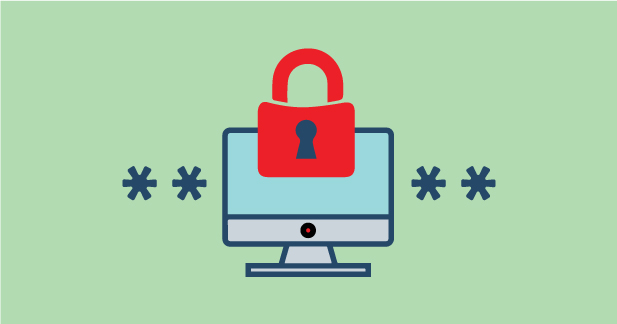
Whether you are a digital nomad or a normal web user, you should fortify the security of your device by creating an impregnable and intractable password. Of course, you cannot pooh-pooh this, knowing fully well that your password is an open Sesame through which cyber aliens can penetrate your device.
You can ensure extra security and protection by applying two-step verification to your device and data. In addition to this, you can deploy a password manager. Instead of using one or similar passwords for all your online activities, such as emails, credit cards, or shopping, you can acquire a password manager.
A password manager can create different and separate passwords for every online activity of yours. You don’t need to crack your brain to memorize long and awkward passwords anymore. To crown it all, you can share passwords with other people as a team.
There will be no need for you to send sensitive passwords through email. If there is any need to change the password, you don’t need to inform the team members because the password will be adjusted automatically by the password manager. Isn’t it amazing? You can check any of the password manager services. It is affordable too.
5. Get a GPS tracker
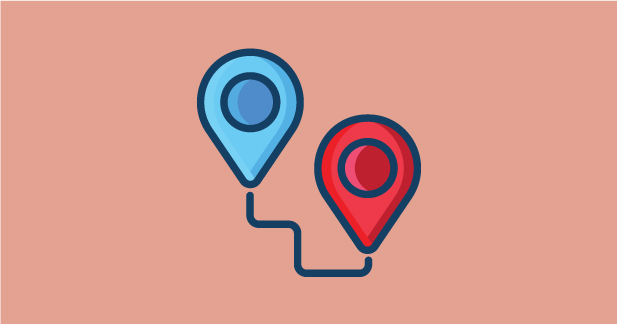
Since digital nomads are inherently traveling and exploring new places, it is imperative to ensure additional safety by providing a device that can make it possible for a digital nomad to be located easily, in case there is any mishap.
As an itinerant worker, in case something happens and you are not able to call or receive assistance, a GPS tracker can enable other people to locate you. These devices are not heavy. It is portable and can be put in a pocket and taken along. Some of them also come with microphones. They are affordable too.
GPS is an additional safety device. It can be hidden inside the backpack. Even if the bag or device is stolen, you can still track it. This is especially useful when you travel with expensive items. Some countries may have laws that regulate the use of some safety devices. Therefore you should make inquiries to know which country’s laws affect what you take along.
6. Get a data backup
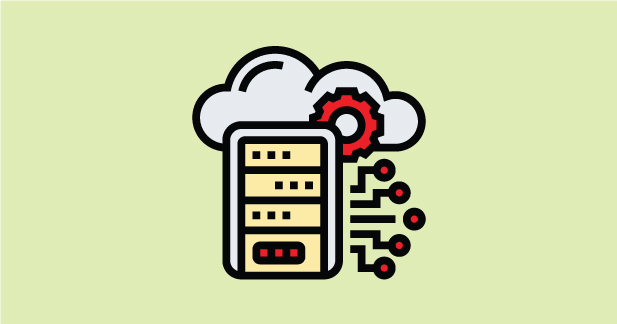
Your life as a digital nomad starts and ends with your data. All your explorations, adventures, and experience in global trotting are contained in your data. What if your phone gets stolen, your laptop breaks down because it is not compatible with the host country’s weather, or your camera drowns? What do you do? Of course, you will feel helpless and utterly depressed.
This is why you should get a backup to store your files, documents, and photos. You should give no room to treat anything with levity. Store your data in a safe place which may include an external drive, USB, or online backup. There are also some other backup providers that have unlimited storage and keep files as long as you want at an affordable price.
7. Store antivirus software
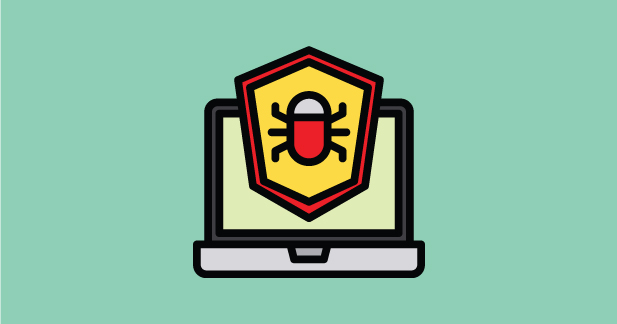
Even as a normal internet user, there is a need to protect your device from contaminating viruses. For instance, if you click the wrong link or download the wrong file, it may affect the performance of your system. This may lead to the loss of vital information. It becomes more important when you live and work at remote places which are alien and may appear incompatible with the weather condition of your laptop, phones, and other devices. In this case, not even a VPN can protect it.
As a digital nomad, You should store antivirus software in your device to protect your numerous data from contamination with viruses. Antivirus software does not cost anything. Besides, it will save money that would have been used to maintain or fix the computer. The benefit of antivirus software cannot be compared to the loss of time and income incurred when your device is not in use.
8. Be security alert
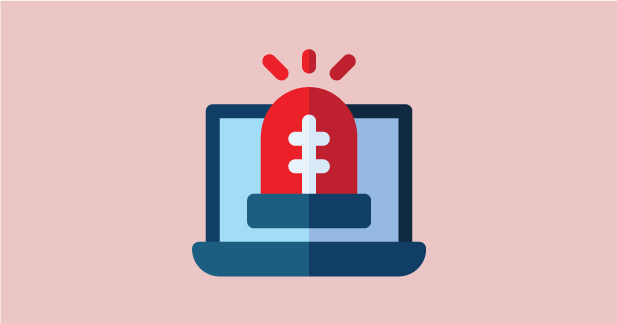
For someone who finds himself or herself in strange places as a remote worker, there are many security-conscious measures to be adopted while browsing on the internet. For example, great care should be taken while browsing on a public computer. The best thing is to avoid it if possible, but where it becomes inevitable, you should minimize what you do with it.
Some cyber miscreants may be sharing your screen, recording your work, or capturing your password without your knowledge. If you must use a public computer, you can use the incognito browser mode. Ensure that you log out of your email account and your website when you are done. Sequel to the abovementioned, you should be security conscious while using public Wi-Fi.
This can be of great benefit to people who work remotely, but it can also expose them to great hazards, especially the naive web user. Do you know that the person who owns the router at any hotspot could be capturing your information? Unless the network is encrypted, otherwise the hacker may be stealing some sensitive information. The good news, however, is that VPN has come to the rescue. With VPN, even the most unsecured public Wi-Fi network can become a fully encrypted connection.
9. Physical security: backpack
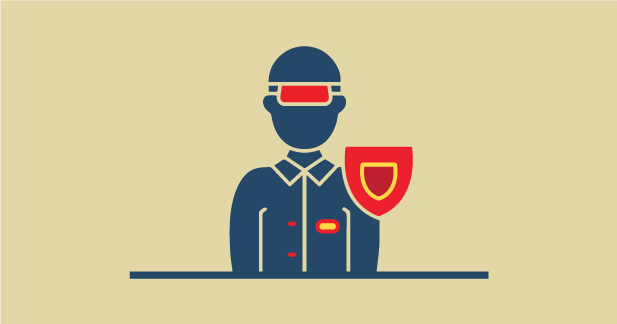
While you may do everything to ensure digital protection, you should not forget that as a digital nomad, physical security also matters. Physical security starts with the arrangement of your devices and personal effects while jetting out. If you are traveling with many devices, don’t put all your devices in one bag. Keep your phone and your computer in separate luggage so that should you lose one bag, you still have something to fall on.
If your phone has an inbuilt tracker, such as iPhone, ensure that you set it so you can know where your phone is. As we discussed before, always ensure there is a backup for the contents of your device. Moreover, make sure your phone is not the only means of logging into your financial institutions or reaching them. Important numbers such as bank account numbers, credit card numbers, and passwords, apart from being stored in your phone, should also be written physically in a notebook as an alternative reference. This can come in handy when the device is stolen.
What about your backpack? Here, we are talking about your real bag, your luggage. How secure is your backpack? Do you know there are special bags that are produced for digital nomads? Such backpacks have special features. You can check out these features:
• A good backpack should be water-resistant.
• The zippers should be very robust, cannot be punctured, and can interlock. There will be no room for pickpockets.
• It should have inbuilt stainless steel wire in the most fragile areas of the bag.
• It should come with a stainless steel locking cable. With this, you can lock it to a table when you are in the café or any public place.
Literally speaking, with a backpack of these features, you’re traveling with a mobile vault. To cap it all, it should not be heavy. It should have lightweight and very portable. All these should be meant to ensure that your personal effects are safe on your back.
10. Travel insurance

For remote workers, the need for travel insurance cannot be overemphasized. Insurance coverage can be used to offset some bills which you cannot afford at that moment. For instance, if you fall sick in the course of your journey but you don’t have enough money for your treatment. Your travel insurance can cover you.
It can be used for hospital treatment during emergencies, such as accidents or surgeries. For transportation back to your country if it becomes necessary. It also can be helpful for search and rescue after an accident. Travel insurance can also be used to ensure your equipment is against theft or loss while you are in transit.
As you explore the world, it’s essential to stay informed and prepared. For those venturing out alone, especially women, it’s crucial to learn solo travel tips and tricks to ensure a safe and enjoyable journey. It is true that no single postulation can be exhaustive, but this article has gone a long way to highlight the salient security tips that online digital nomads need to apply in their work.





